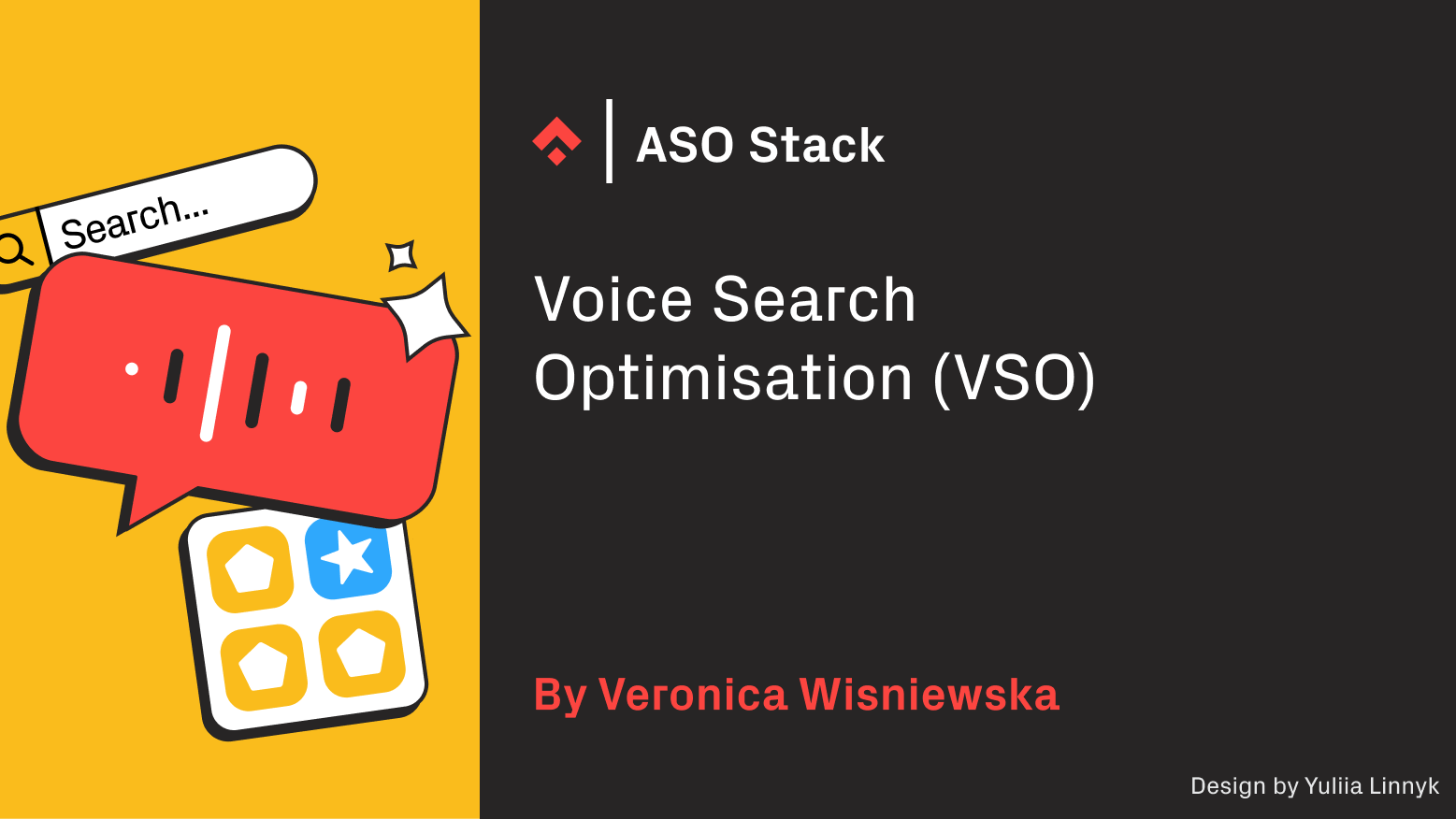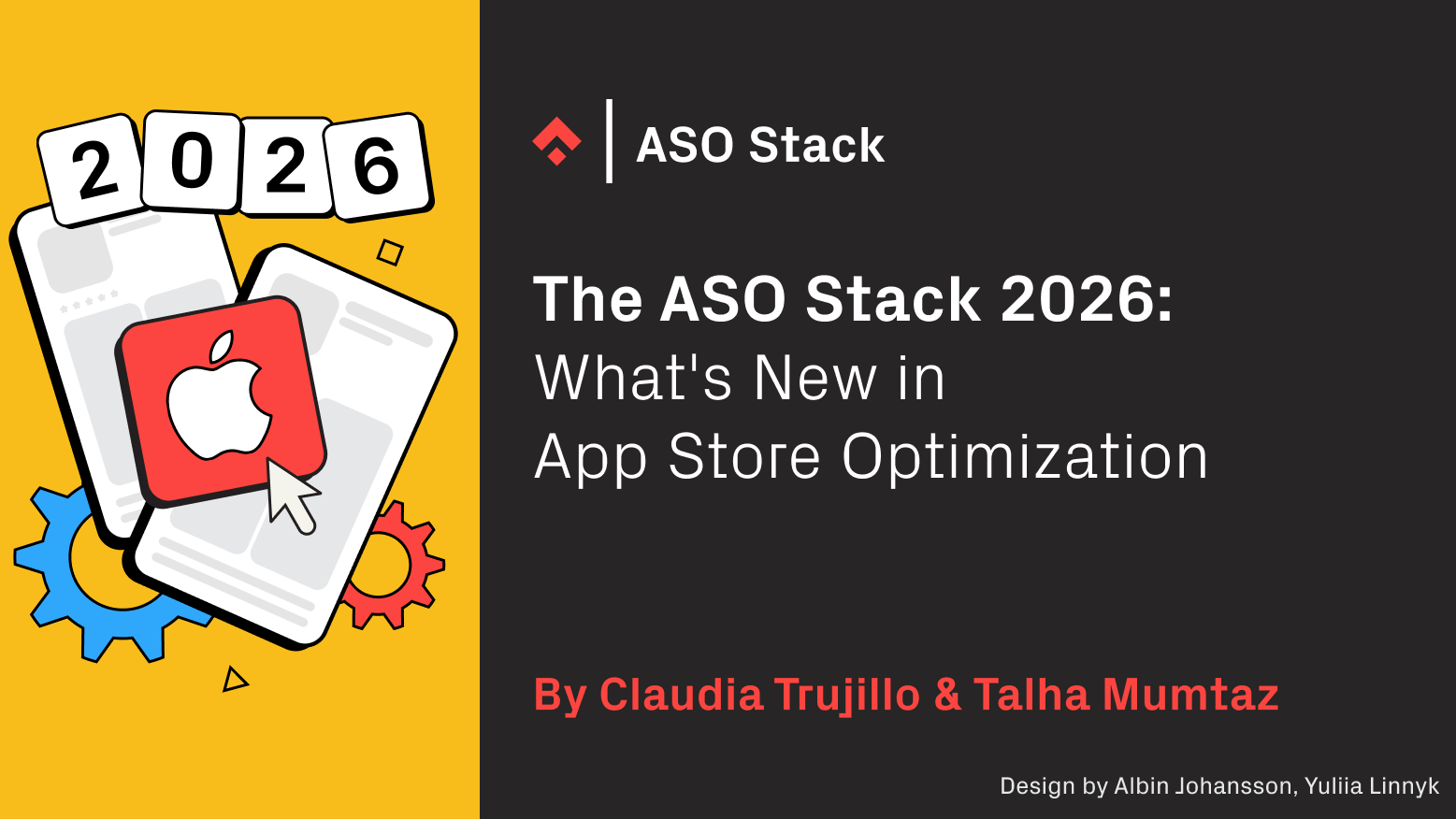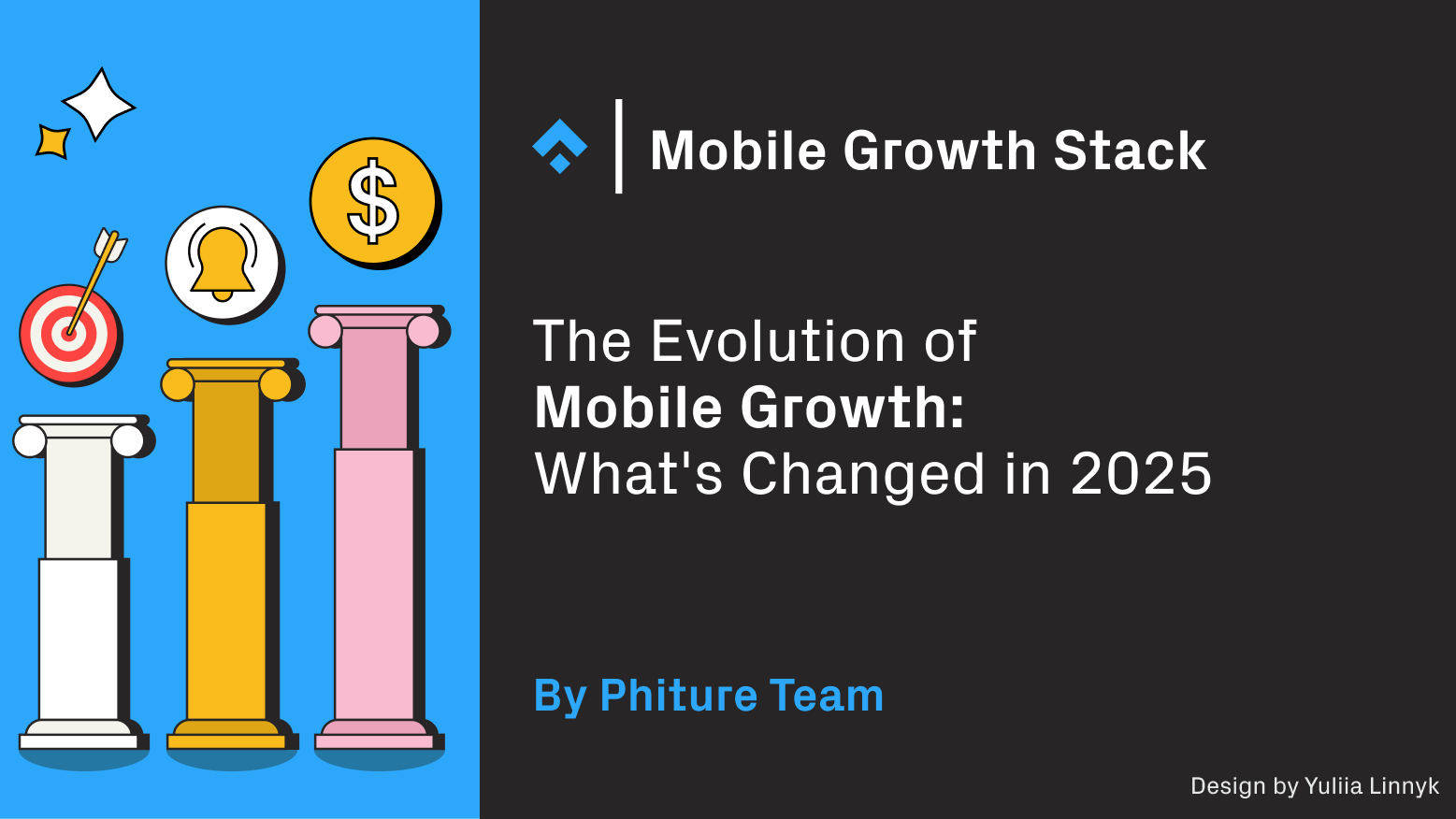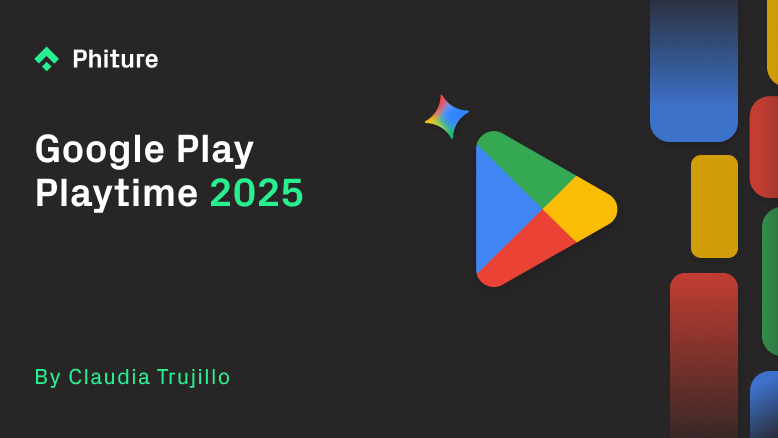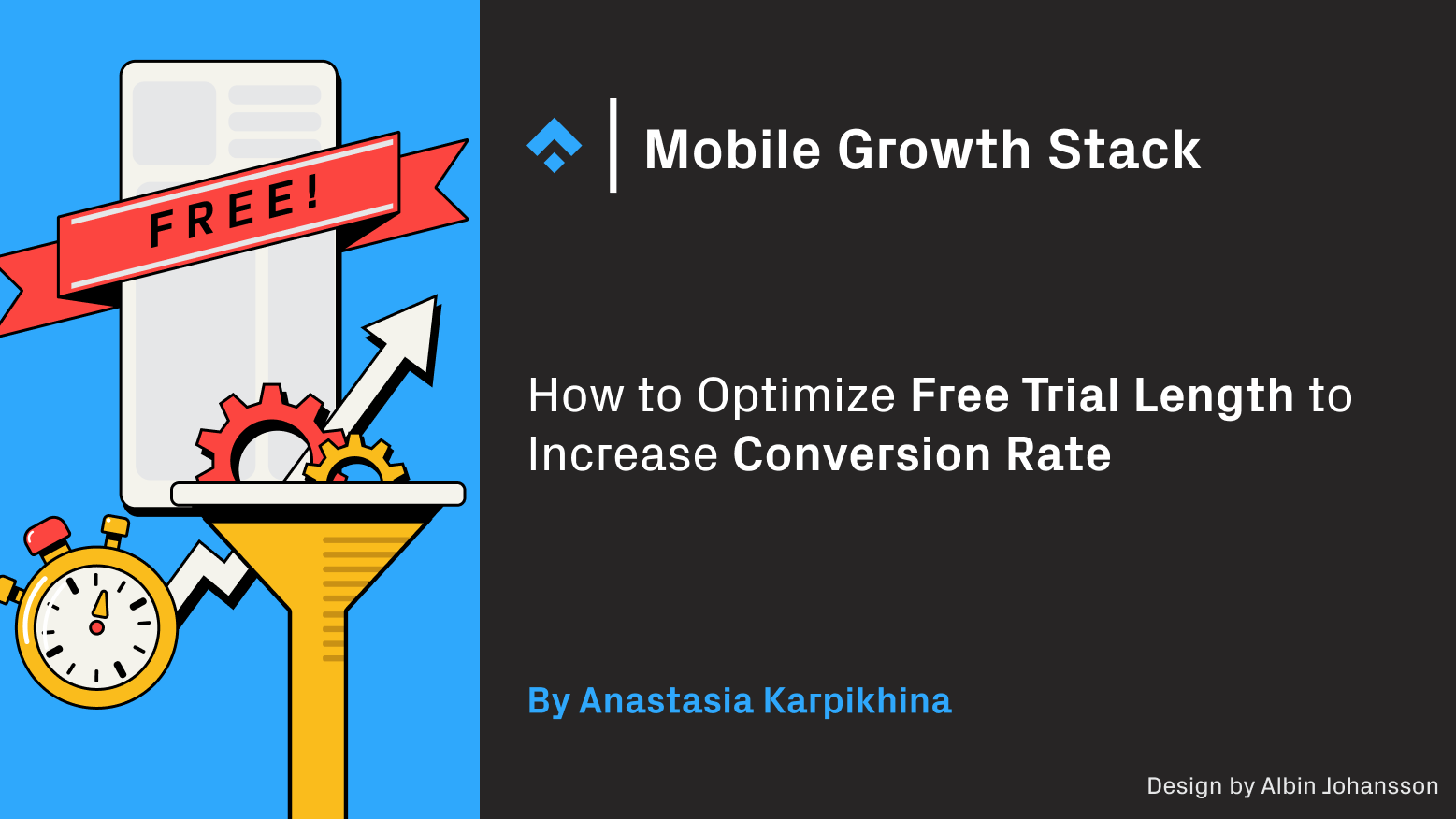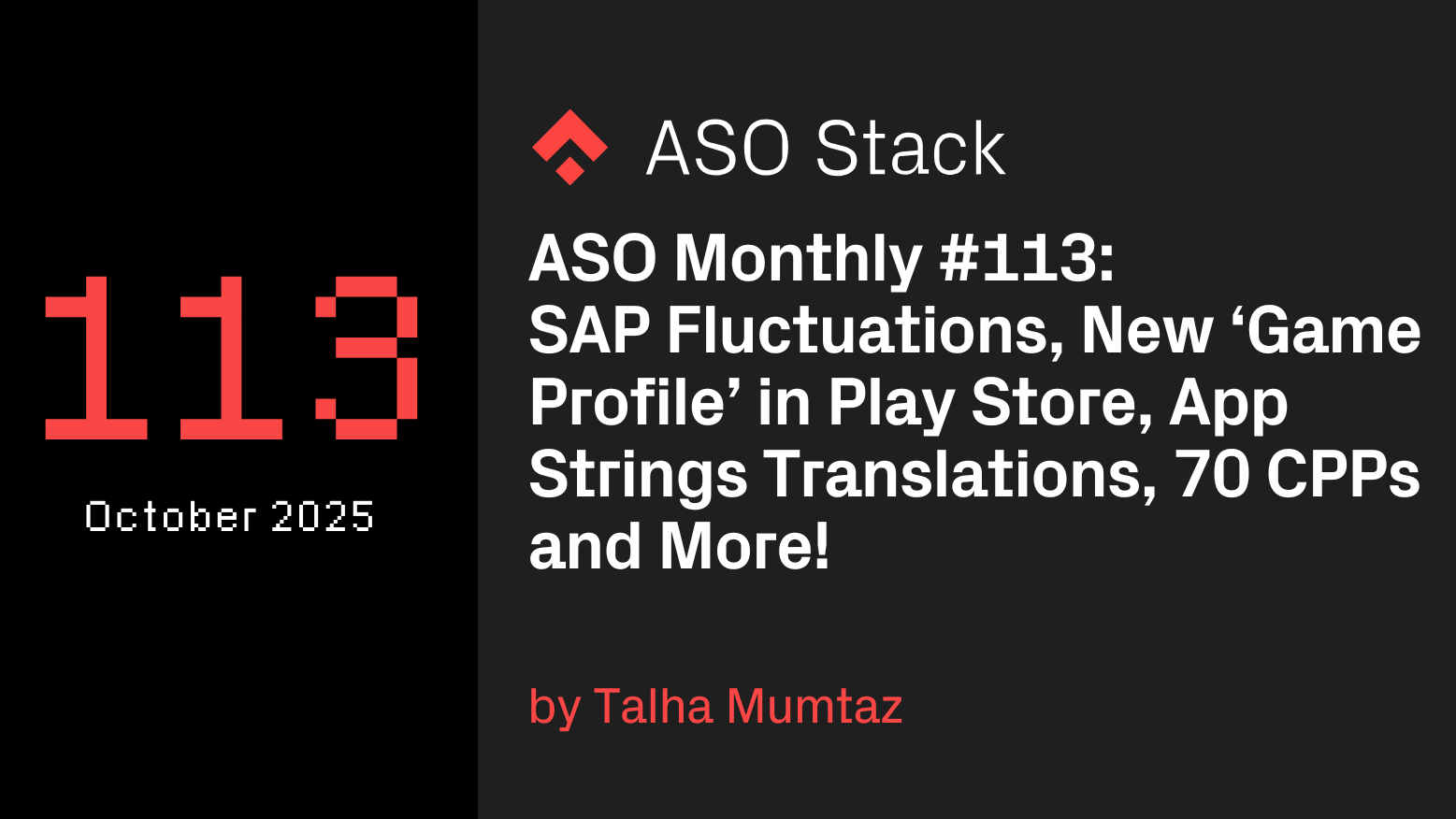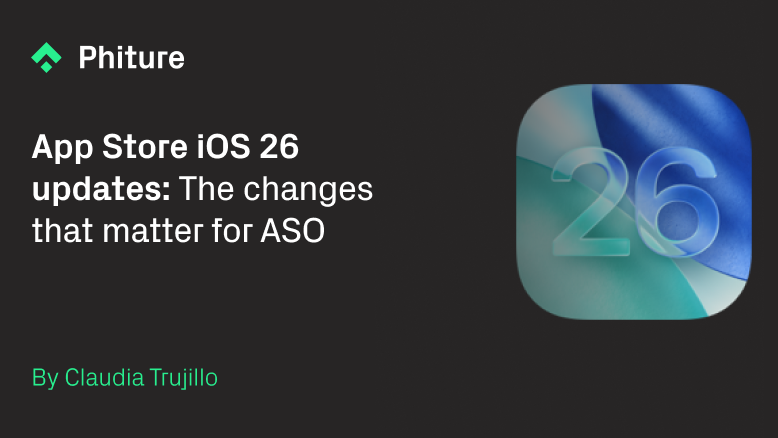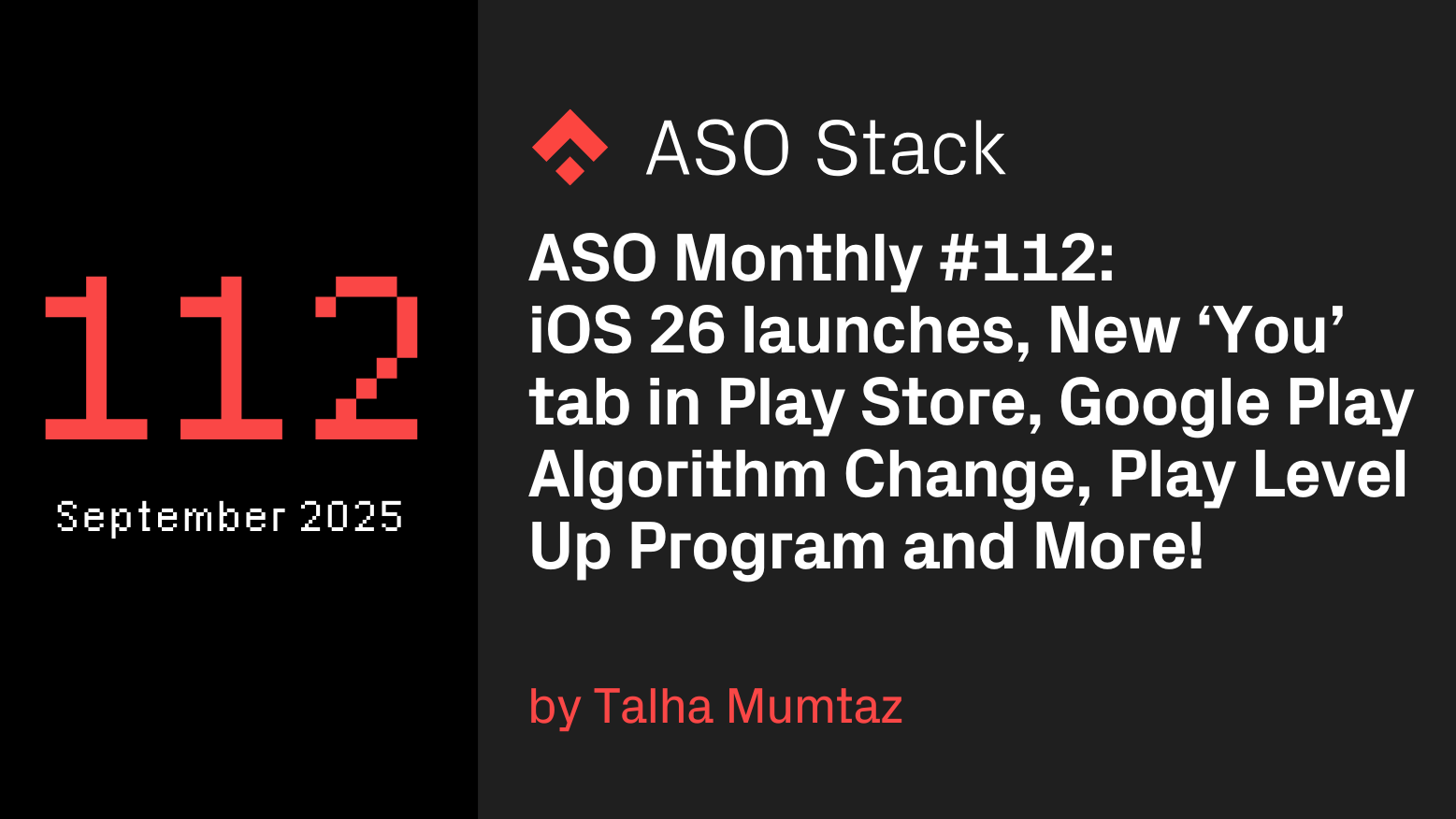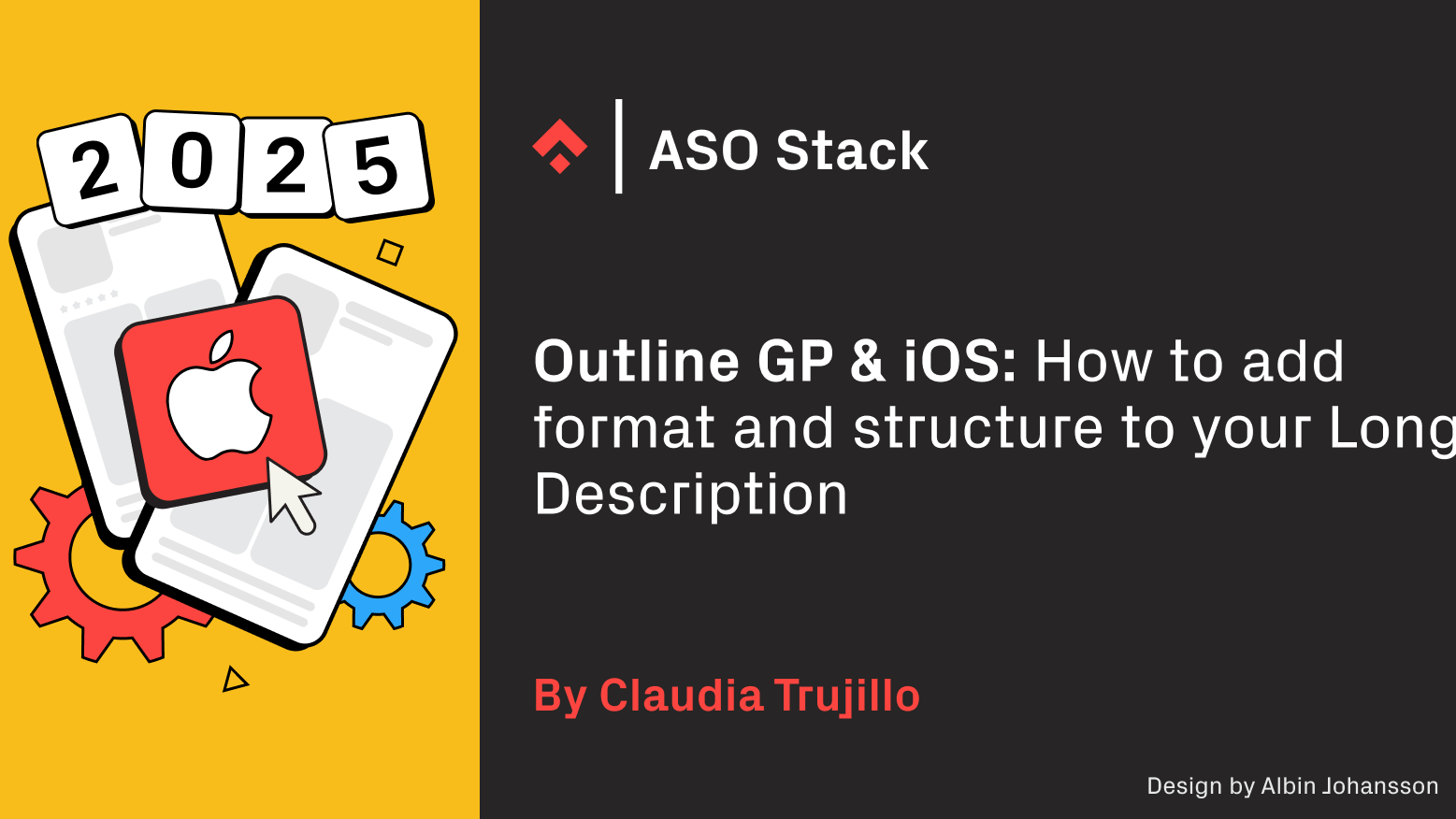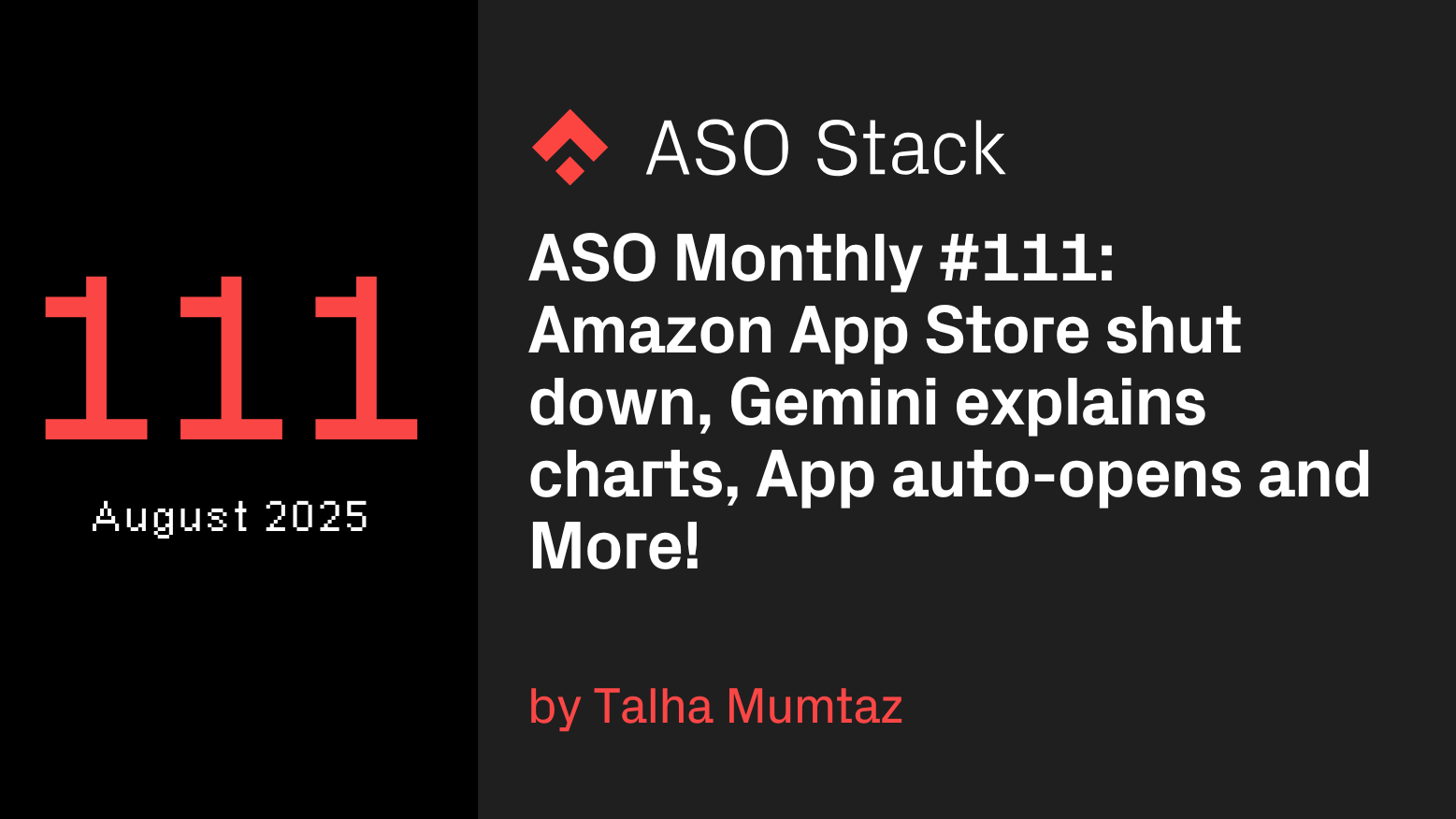
In the second part of our series inspired by International Women’s Day, we continue the conversation with Phiturians Erica Saraval (Brazil), Peiyi Lin (Taiwan), Milla Odor (Hungary), and Aleksandra Stankovic (Serbia) to get their thoughts on a range of significant issues affecting women today.
The topic of equal pay for equal work was foremost on the minds of the women I spoke with this time. Talk of fair labor practices also raised challenging issues such as discrimination and stereotyping in the workplace, maternity leave, and breaking down unconscious gender-related biases, resulting in another honest and dynamic discussion.




What’s your favorite part about your work at Phiture?
Erica: I enjoy working with the people here – we understand how to work together as a group and are always up for supporting each other.
Peiyi: My work makes an impact. Apps are unique products. When you optimize an app storefront, your work is seen by someone on their phone on the other side of the world, searching for the app they need. Phiture works closely with many top apps, which means our work has quite a powerful range.
Milla: I’m a generalist, so it’s always a breath of fresh air when I get to switch between mediums, anything from brainstorming ideas for Performance Marketing to creating 3D animations.
Aleksandra: Phiture is a real cultural hot spot with over 40 different nationalities working together. My favorite part about working at Phiture is the opportunity to get to know people from all over the world, both female and male. It makes it easy to realize that we are all the same, no matter where we come from or what our gender is.
In what ways do you think Phiture supports the professional career development of women?
Erica: By providing us with equal opportunities, roles, and responsibilities.
Peiyi: Phiture is a people-centric place. Leaders are open-minded and willing to support the professional career development of women in many ways. I’ve never felt I was treated differently because I’m a woman. The career development of every individual is taken seriously, and we have regular check-ins and monthly learning days that help you reach your career goals step by step.
Milla: I think Phiture supports the career development of all employees, but if we’re talking specifically about women, I’m glad to have International Women’s Day off each year so I get to focus on my personal development!
Aleksandra: I can’t see any distinction between how the career development of women and men is supported at Phiture. In my opinion, we’re gender-neutral. We all get the same opportunities to create our own career development plans that are supported by our managers.
Have you faced any obstacles in your career or home country due to being a woman in your industry?
Erica: More often than I would like, I find that I am the only woman in a call with a group of decision-makers or leaders. This sometimes affects how I share my opinions or effectively approach different topics in order to make sure my audience will understand my points of view and reasoning.
Peiyi: Some people don’t think women know much about apps, which shouldn’t be the case. Occasionally, people are surprised by my job.
Milla: I definitely feel like I’ve been judged by my appearance. Being a young-looking woman with a smaller figure, I feel like I have to prove myself twice as hard with the way I communicate and show my work ethic.
Aleksandra: Not really, but I guess that’s because I was lucky. I was a manager who reported directly to the cofounder of the company, and I never faced any kind of disrespect from my team just because I’m a woman. However, my male colleagues occupying the same position in other departments had trouble taking me seriously. It was rather subtle, but I could still feel like I had to work harder to earn their respect.
What’s an issue affecting women (anywhere in the world) that you would like to see resolved?
Erica: There’s often a salary difference when doing the same work or being in the same positions as men.
Peiyi: Women are paid less for doing the same types of work. There are still people around the world who think that men should be paid more as men need to feed their families – while the same applies to women as well. I’ve heard of women not getting jobs or promotions just because they’re within the perceived age range of getting married or having children. People really should be paid based on their abilities and work contributions, not their gender.
Milla: Unequal pay. Some people say it’s only an issue because women lack negotiating skills – let’s assume that’s true. So, for jobs where negotiation isn’t a requirement, why don’t people get paid the same amount? Also, some employers don’t want to risk losing an employee for several months, in case they decide to have children. At Phiture we have salary housing, meaning everybody in the same position is paid the same.
Aleksandra: When we talk about the position of women in the world in general, global society still has a long way to go. In different parts of the world, women still face very serious inequality challenges where their lives are practically controlled by their male counterparts in male-dominated societies. I would like to see these women freed from the yoke of oppression.
Any final thoughts regarding International Women’s Day or related issues?
Erica: I think International Women’s Day is a good way to remember these important topics that need to be discussed. It’s equally important not only to use this day to give flowers but to reflect on how to respect individual women every day of the year.
Peiyi: At least once a year we should take some time to check on the progress we’ve made and help those who are suffering from inequality. I always think these issues are not about a fight between genders, but more about how we can treat each other well and without prejudice.
Milla: There’s a stereotype around women being too emotional or not being able to handle stressful situations – when in reality the toughest people I know are women. I think it’s important to reflect on these modern problems that stem from old-school thinking. Raising awareness and discussing these issues is key to finding solutions.
Aleksandra: It’s important to remember the past struggles women endured to give us the rights we have today. And we still haven’t achieved gender equality on a global level, so the fight should continue daily. In Riane Eisler’s The Chalice and the Blade, she points out that patriarchal society wasn’t always the norm and there’s evidence the prehistoric world was matriarchal. Early societies were characterized by “linking” instead of “ranking” and featured a partnership model instead of the dominator model that we’re so familiar with. Eisler expresses her hope that in modern society we’re again approaching the level of equality that we used to have at the very beginning of human civilization, but we have to be careful not to take another detour. I’d like to believe she’s right.
Interested in growing your app or becoming a Phiturian? We want to hear from you. Contact us by sending an email to [email protected].
Table of Contents


